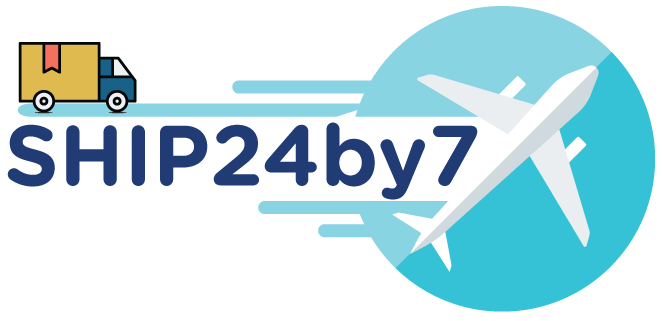While exporting goods outside of India or importing something from abroad, a complex customs clearance process can raise many concerns. This apprehension is especially prevalent among first-time patrons due to the complexity of the field, which requires an expert’s knowledge in order to navigate its diversity.
The customs clearance process is a mandatory practice carried out by Customs, a government agency or authority nominated by the legislature of a nation. Its primary tasks include not only the accumulation of duties, but also their conversion from one currency to another. Because this operation takes place at the entry and exit points of a country, monitoring the flow of goods in and out of a country requires an organized system of duty collection.
Ship24by7 assists you with all questions, comments and concerns about your customs clearance. We arrange for smooth transition of your goods every time.
Due to the volume of our exports, we may not be able to cover customs policies in every country, but below are some common tips that may assist you in your international transactions.
Calculating Duties
For commercial shipments and gifts, a customs procedure must be followed as per the guidelines laid out by the destination country’s customs regulations. The consignment is cleared through customs based on its country of origin: the cost, but not its end objective. Dutiable goods are likely subject to customs duty; an excise or tax enforced on goods when moved across international boundaries.
Duties are calculated using the assessable price of the dutiable goods. To make the calculation easy, dutiable goods are allocated a categorization code generally identified as the Harmonized System code (HS) code.
The World Customs Organization continues to advance the harmonized system which is used by countries around the world.
Responsibility for Duty Payments
The payment of all destination duties and taxes is commonly the recipient’s responsibility, though Ship24by7 offers our clients the option of paying for them at the origin.
If customers do not pay for such duties and taxes, Ship24by7 invoices its customers for the liable taxes and duties and makes arrangements to be paid on their behalf at destination with additional administration fee. This process might cause delays of the deliveries.
Taxation Across Boundaries
Goods that cross over international borders are subject to tariffs—taxes imposed by the country of import. In general, tariffs are meant to protect domestic businesses from foreign competition. There are some free trade zones, however, where companies can do business without paying tariffs.
Goods Restricted by Customs
When importing goods outside the country, there may be restrictions on certain types of goods. These constraints are fixed by local legislation and regulations, which is enforced by the customs authority.
Additionally, customs agencies have the authority to set their own fees for imports and exports based on the type of shipment they handle.
As different destinations require different policies for importing and exporting, we recommend that you consult with the relevant customs authority in the country where you wish to send your parcel.
Attaching document with package
It is best to affix customs documents to the outside of the package, so that they can easily be scanned.
Export and import custom clearance
As per the regulation, every shipment has to go through customs clearance whether it is moving or not.
Delivering the shipment to its destination
Once an international shipment has cleared customs at its destination and been released by the relevant authorities, it will be delivered by a carrier.
